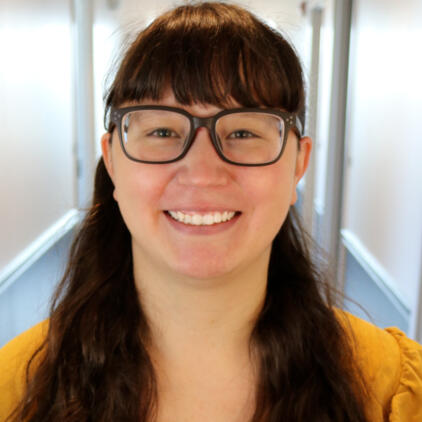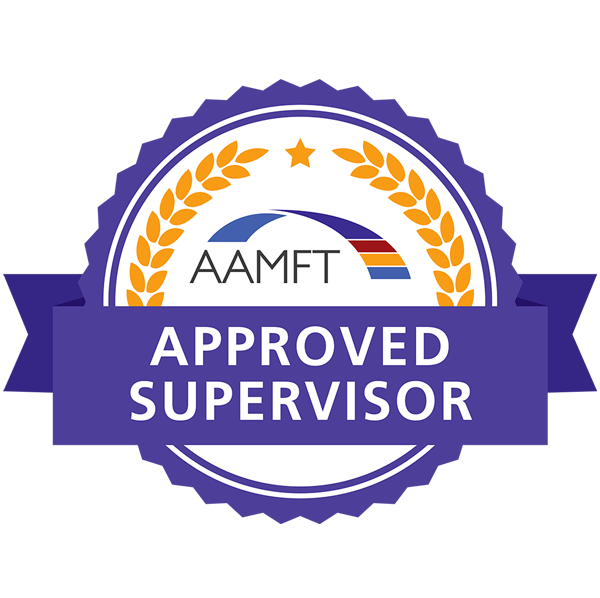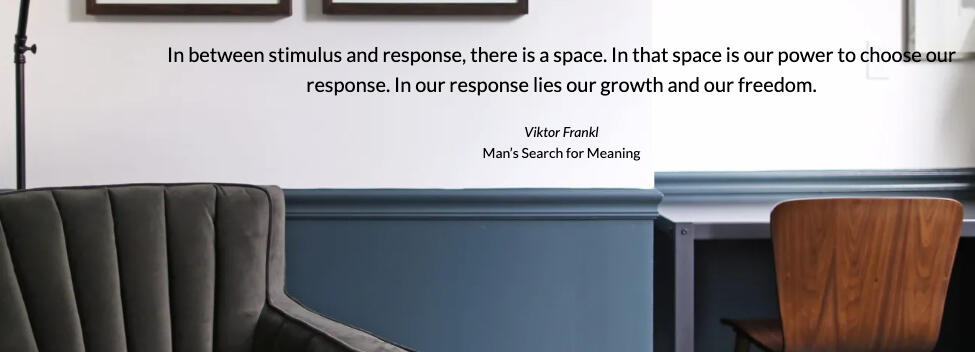
Jeannie Hankins Milan
LMFT, AAMFT-Approved Supervisor
About Me
I decided in high school that I wanted to change the world. I thought about how I as a single person could do that, and realized that it was through relationships. For better or worse, our closest relationships have the power to shape us and change how we impact the world. So by forming healthy relationships and helping others form healthier relationships, the world can become just a little bit brighter than it was the day before.In 2016, I graduated with a degree in Psychology and then in 2018 with a degree in Marriage and Family Therapy to understand what it looks like to build and repair familial relationships, romantic relationships, and even friendships or work relationships. I joined a group practice called The Briggs Institute, Inc. the same year and have been practicing in the greater Nashville area ever since. In 2022 I became an AAMFT-Approved supervisor, and have been helping novel therapists learn how to be the best possible helper they can be for their clients.
Therapy
If you’ve been to my welcome page, then you know why I became a therapist. Now, I want to tell you about my approach to therapy:
Collaborative
Some therapists take a rigid, “I’m the expert, so I know best” stance; that’s not really me. I tend to take a more, “I have knowledge about mental and relational health that you don’t have, but you have expertise on your life that I don’t have,” stance. I find that there’s much more that than be accomplished when my clients and I work together to establish shared goals for therapy, and a strategy for how to achieve them. I know that I’m not the one in the driver’s seat of your life. Instead, I think of myself as the navigator, giving you instructions on different routes you can take to reach your destination.
Integrative
Rather than following a single model of therapy, I take an integrative approach to treatment. Research shows that there’s no one model of therapy that’s better than any other, so I keep myself flexible and pull from whichever model makes the most sense to use at the time, depending on what you’re bringing to the room and what your goals are. If you’re curious about what some of my favorite models of therapy are, here’s a list:
Customized
I don’t believe in a one-size-fits-all approach. Time and time again, I’ve found that each client coming to see me is a unique individual, and that means their progress in therapy is also unique. Something that worked for one client in a particular situation may not work for every client in that situation. So from the very first session until the end of treatment, I ensure that your specific needs and goals are being addressed, I create lots of options for how we can intervene to disrupt whatever patterns are causing distress and we pick the path that makes sense for you. Altogether, this creates a therapy experience that is tailor-made to fit your needs, whatever they may be.
Evidence-Based
I rely on your feedback to measure how successfully therapy is progressing. I use qualitative and quantitative measures to assess for your satisfaction every session. I then take these measures and make adjustments to my approach as needed. It can be as small as a certain word or phrase I avoid, or as large as what interventions I suggest or what topics we discuss. This space is for you, so I make your voice a key part of the process. I know it can be intimidating to speak up when something isn’t working, so I work to make a safe and disarming environment for you to voice both positive and negative feedback. Both are beneficial to me and my practice, because both help me grow my skillset and make sure you’re getting what you need.
Supervision
If you’re a newly graduated marriage and family therapist, or just new to Tennessee, getting independently licensed may seem like an uphill battle. Fortunately, it is a battle that I can help you with. Let me tell you about my approach to supervision:
Collaborative
In our first meeting, we’ll get to know one another better and I’ll ask about what your hopes and goals are for supervision, as well as the things that most intimidate you about the process. I’ll use this information to guide what kind of feedback I provide. While there is inherently a power differential in supervision (and for good reason), I don’t believe my role is to tell you what kind of therapist to be. Instead, I see my role as to help you embody whatever your best version of therapist looks like. Your feedback is incredibly important to this process, and I’ll often check in about how you feel supervision is going.
Affirming
It is important for supervisees to know that supervision is a safe place to discuss cultural diversity issues-whether they arise in therapy or in supervision. I welcome diversity in all its forms-be it in demographic differences, or in diversity of thought. Rather than assuming myself to be free of cultural bias, I work to become increasingly aware of my blind spots. Whether diversity shows up in the therapy room or the supervision room, I work to affirm and celebrate it.
Clinician-Focused
In my own practice, I’ve found that self-of-the-therapist issues are incredibly important. I believe it is best practice to be aware of how you’re showing up in the therapy room with your clients. As such, I often ask supervisees about s-o-t-t issues and try to ensure that not only are you serving your clients well, but that you’re being your most authentic self while doing so. While I never force anyone to share more than they’re prepared to, I’ve found that sharing these vulnerable moments yields a lot of “Oh thank goodness, someone finally said it!” Supervision with me means a safe space to talk about cases from a theoretical and a personal perspective.

Contact
If you're interested in connecting to start therapy or supervision with me, please don't hesitate to reach out!
1916 Patterson St, Ste 700
Nashville, TN 37203502-418-1123
[email protected]






